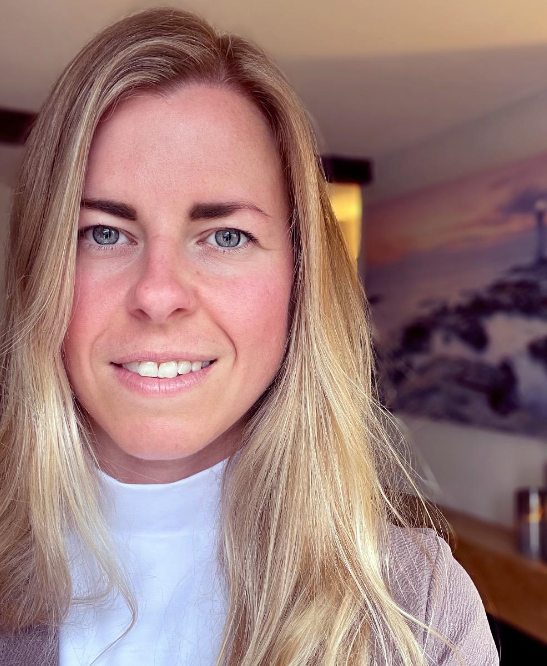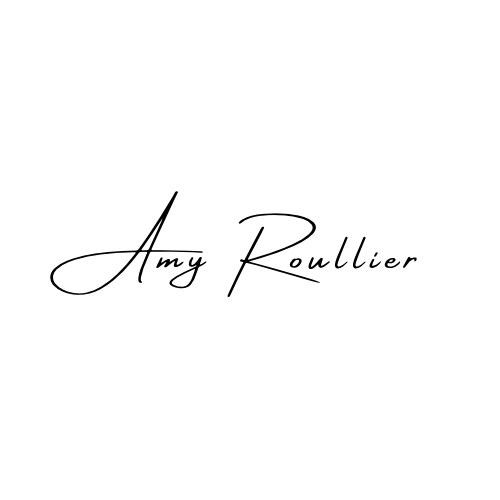No-one seemed to mind as much when I was single at sixteen, eighteen or twenty one. However, single at thirty five, something changes.
Single stigma seems to heighten with age. Because there is something about being single, especially once you reach your thirties and beyond, that suggests that you are now actively going against the grain. You are also now still single. Rather than just simply, single. And you should be doing something about that single status,, lest your singleness becomes an unthinkably permeable thing.
Single is assumed as translated into ‘miserable and lonely’, and so surely you’re unhappy about the situation? Single is the wrong track to be on. It’s a problem that must be solved, via the pursuit and gain of another person. It is certainly not something to be getting too darn comfortable with.
If you appear okay about that single status, people will wonder WTF is wrong with you
What reasons are good enough for you to still be single and what crazy person would be fine with it? Single and fine don’t seem to naturally correspond with one another. So people offer words of advice on how to lock down a partner. Tell you how they met their husbands. Reassure you that someone is out there for you, even if you didn’t ask for the reassurance. They’ll put forward style advice and beauty tips, and basically do all they can to help poor little you not be single anymore. They’ll worry and talk about you to others, in an earnest attempt to figure out what went so horribly wrong.
Because they see being single as something to merely survive.
The trouble is, it’s all too easy to start believing that to be true
Take me for example. Being single was great for a while post divorce at thirty one. I saw it as freedom to seek out a whole new way of doing life, completely on my terms. I loved heading into my thirties single, yet a few years later, I didn’t feel so good about single anymore. Because the societal norm to not be single for any longer than necessary, and the assumption that single was a terrible place to spend too much time in, repeatedly locked me into conversations where there was an implied, ‘You are not to be okay with being single, nor accept it.’ And I would be all the better for being in a relationship.
I should seek out partnership, they said, or they feared me being left on the shelf. I must do better at dating in order to attract someone else to my life, as I clearly wasn’t trying hard enough. Of course I would become lonely without romance, because what other options could single offer later on in life? Look at Henry, Katherine, Simone. Didn’t I want to be like them, married with kids, content and happy? Surely not single and getting older, eventually bitter and all alone.
Those conversations ground my single confidence down and they made me feel less of a person without someone else tagged by my side. Singledom in my thirties hadn’t felt defective in the beginning, yet it began to feel as such.
“Is there something wrong with me?” I began to ask myself.
The negative single narrative that everyone else appeared on board with became my own. Despite being single meaning I’d been able to invest more time than I’d ever had the opportunity to before on my interests, like writing, which lead to me beginning this blog. Being single meaning I had more chances to travel abroad with friends and on my own. Being single meaning I had purchased a house by myself. Rescued my greyhounds Milo and Maddy. Become a marathon and ultra runner. Been able to spend more time with family and friends and those close to me. Progressed in my career. And challenged myself to try new things. All things I loved doing. Things that made me feel good. Stuff that being single, had given me the opportunity to pursue. I started to feel bad, just because I was doing it all whilst single.
Single felt like the wrong baggage to be carrying around. For no other reason than that societally, single is a loaded negative status. And it’s so difficult to underpin a new narrative when the existing one is so engrained in society.
However, despite what most people think, the myth surrounding single is not the reality: there is nothing wrong with you being single. And here’s why.
It’s not as if the wind will change and you’ll be stuck single forever, despite what people might suggest. Single at forty, fifty or beyond, does not mean bound for solitude forever more. I’ve often heard it suggested that the dating pool will dwindle with age, yet this is categorically untrue.
For starters, as of 2021 whilst over 50% of the UK population are married, over 34% are single. The average divorce rate in the UK is 42%; most commonly those marriages end between 40-44 years old. So the data suggests that a steady flux of newly singles will continue to make their way onto the market.
The data also highlights that married life might not be all it’s cracked up to be. It’s certainly an argument against the suggestion that marriage equates to happily ever after for everyone. And there is also a growing proportion of people opting for single, remaining unmarried, and seeking single as a perfectly valid choice. So being single is not the unconventional lifestyle it is made out to be.
Single doesn’t mean less of a person, nor incomplete in any way
There really is nothing wrong with you being single. Being single does not define you as a person, unless you allow other people’s negative perceptions of single to define you. Trust me, that isn’t a recommended way to go.
Of course the problem here is that partnered people do tend to showcase their relationships in such a way as to suggest that they are better off for them. I notice how people used the phrase, ‘My boyfriend/husband’ and so on, a lot when in conversations, even when absolutely not necessarily. Just to put it out there, it seemed. To let you know that they had someone. Social media profile updates work in a similar fashion. A change from ‘Single’ to ‘In a relationship with…’ comes with rapturous online applause and congratulations. Good for them. Genuinely, I mean that. I’m happy for them. Some people are defined by their partnerships or marriage, and that’s totally okay. If that’s how they feel good, I’m happy for them.
However, it doesn’t mean that’s how you need to define yourself. And being in a relationship does not amount to being worth more as a person. Nor constitute an absolute happier way of doing life.
Partnership is spawned from a long serving patriarchal system
Whereby women’s identities have been closely interconnected to their marital/partnership status. Labels like Miss or Mrs were created to have either a negative or positive connection to a woman’s identity. A person’s identity of course doesn’t change when they become something other than a Miss., but these labels were created in order to suggest that being so.
A married woman of higher order.
A partnered woman who is a step above her single peers.
A more mature, respectable choice of life to be in a partnership, than without.
These labels were created in order to define who we are. Therefore these labels have played a significant role in how women perceive themselves, and they still today have a deep impact I think on why we struggle to see being in the ‘Miss’ category as anything but bad. Because these outdated beliefs are very much engrained.
However, singles need not hunker down in shame because they aren’t ticking, ‘Mrs’ on a form. I believe we are slowly moving away from the outdated belief that a ring on one’s finger should define us as a better sort of people. Because it certainly isn’t the truth.
There is nothing wrong with you enjoying single
When I started out in my thirties single, being single meant I could fully concentrate on myself. Total freedom to do as I pleased. Independence and self-priority. Space and time for self-focus. Ability to pursue a meaningful purpose. But this all started to feel really selfish. I know now that this is another historic trait that women have taken on, in that doing things for herself first (as opposed to last) carries the impact of being viewed as selfish.
Contrastingly for men, we seem to view their independence as well deserved and justified. They need not apologise nor feel bad for putting themselves first. It is women that society views as less freely independent to do as they please. But these double standards should not be impacting how we enjoy our single time. They are outdated notions and quite simply, total bullshit.
The only thing wrong with single, is the way in which we believe we are invalid for being so
That we might feel any kind of need to apologise for it. Explain it. Feel ashamed about it. Reason with ourselves or anyone else for why we are single. That is the real problem. That we might begin to believe that there is something very wrong with us, just because we are single. That we might dwell on this so much, that it turns any phase of single into something we feel a need to survive.
As if people can only get to blissful happiness and contentment by being with someone else. As if life doesn’t really start until you meet someone else. Or that each relationship that ended was merely a sign that you, are inherently unlovable. Rather than that they, were perhaps complete douchebags who didn’t realize how amazing you are.
Quite simply, there is nothing wrong with you and there is nothing wrong with you being single right now. Stop thinking it. Stop believing it to be true.
Maybe one day you won’t be single. And maybe one day, you will be single again. But if you let all that self-unworthiness and negativity surrounding single interrupt your single life, it will never be a happy one.
Single, does not constitute a half-person wandering the earth aimlessly until they locate their missing piece. In reality, we can exist perfectly well without romance. We can do amazing things without a partner. We can have the most incredible, joyous life, without a romance present. Whether we one day want a partner or are opting for single. Which is why there is nothing wrong with you being single. Whether it’s a passing moment, a phase, choice or the in-between.

Amy Roullier
Amy Roullier is a British writer and author of Silent Reflections of a Fragile Heart. For her, writing began as personal therapy and has evolved into a way to connect with others, posing questions and offering reflections that might help readers find clarity. Based in Lincolnshire, Amy is an occasional vegetarian and a dedicated lover of carbs—her true soulmate. She’s currently navigating a mid-life crisis through running, and mornings are simply impossible without coffee.


